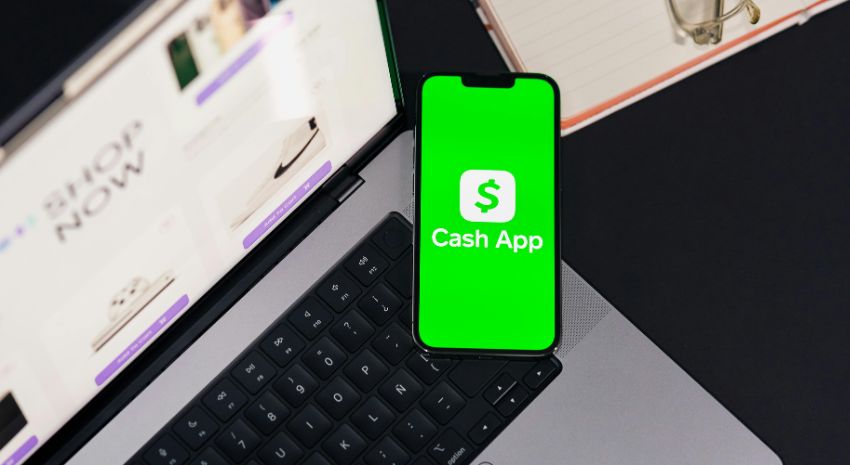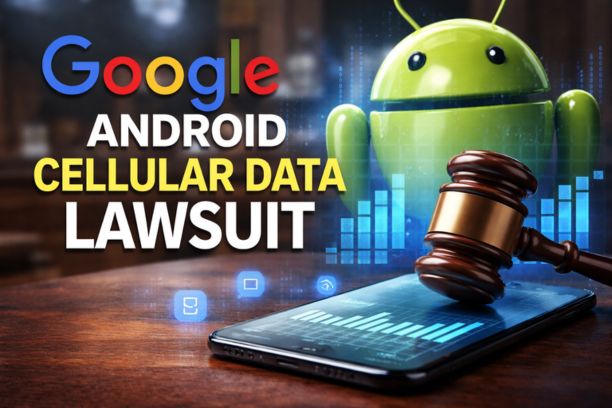
Cash App Settlement Explained: How a $15 Million Class Action Changed Fintech Law in 2025
The Cash App Settlement Class Action Lawsuit has become one of the most closely watched legal cases in the fintech world. While headlines highlight the $15 million payout, the real story lies deeper — in how this case exposes the legal grey areas surrounding data protection, financial technology, and consumer rights.
The lawsuit was triggered by a series of data breaches and unauthorized access incidents that compromised user information and led to financial losses. For the first time, a major fintech company faced collective legal action not only for alleged negligence but also for failing to uphold basic principles of consumer protection law.
This case isn’t just about refunds — it’s a legal turning point in how fintech companies will be held accountable in the years ahead.
What Is a Class Action Lawsuit and How It Applies Here
A class action lawsuit is a legal mechanism that allows a group of people with similar grievances to collectively sue a defendant. Instead of hundreds or thousands of individual lawsuits, plaintiffs unite under one case — often against large corporations.
In the Cash App situation, users alleged that the platform failed to adequately safeguard their data, leading to unauthorized account access and financial harm. The unified class sought justice under consumer protection and negligence laws, arguing that Cash App — as a financial service — owed users a duty of care comparable to that of traditional banks.
This collective legal approach was essential. Individually, small claims might not have justified the cost of litigation, but as a group, users were able to push for accountability on a national scale.
Legal Background of the Cash App Settlement
The path to settlement unfolded over several years.
- 2018–2021: Users began reporting fraudulent transactions and account takeovers.
- April 2022: A former Cash App employee accessed confidential reports containing personal information of over 8 million users, including names, brokerage account numbers, and portfolio data.
- 2023: Plaintiffs filed a class action complaint, alleging Cash App’s negligence in preventing data breaches and failing to notify users promptly.
- 2024: The company agreed to a $15 million settlement, covering individuals affected between August 23, 2018, and August 20, 2024.
The plaintiffs claimed Cash App violated:
- State consumer protection statutes (unfair business practices and deceptive conduct).
- Common-law negligence, for failing to provide reasonable security.
- Implied contract obligations — the idea that by using the service, users expected their information to be handled securely.
Cash App, while denying wrongdoing, chose to settle “to avoid further litigation costs and distractions.” This phrase — common in class action settlements — reflects a strategic legal decision, not an admission of guilt.
Understanding the Settlement Terms
The Cash App Class Action Settlement provided relief for users impacted by data exposure or unauthorized account activity.
Key terms include:
- Settlement Amount: $15 million.
- Eligible Period: August 23, 2018 – August 20, 2024.
- Compensation:
-
Up to $2,500 for verified out-of-pocket losses.
-
Smaller amounts for time spent resolving issues (e.g., contacting support or banks).
-
- Claim Deadline: November 18, 2024.
- Administration: The settlement fund is managed by an independent Settlement Administrator, approved by the court.
Legally, this type of settlement falls under Rule 23 of the Federal Rules of Civil Procedure, which governs class actions. The court must ensure that the terms are fair, reasonable, and adequate for all members before approval.
Importantly, Cash App’s settlement included the clause “no admission of liability.” This means the company resolved the dispute without accepting legal fault — a common strategy to limit precedent risk while addressing consumer complaints.
The Legal Precedents It Sets for Fintech
While Cash App’s settlement may appear routine, its implications for financial technology law are far-reaching.
-
Recognition of Duty of Care:
The case reinforces that fintech firms, though not banks, still owe users a high standard of data protection. Courts are increasingly treating digital wallets and payment apps as financial custodians under consumer protection principles. -
Accountability for Data Handling:
The settlement signals that fintech companies can’t hide behind “tech platform” labels to avoid liability for data breaches. Negligent cybersecurity is legally actionable. -
Encouragement of Preventive Compliance:
After this case, more fintech startups are investing in legal compliance teams, data encryption, and risk audits — not just as technical safeguards but as legal shields. -
Potential Federal Oversight:
Regulators, including the FTC and CFPB, may now treat fintech data security lapses as violations of unfair or deceptive practices. This could lead to new federal guidelines for digital financial institutions.
The Cash App lawsuit may thus become a benchmark — the case that nudged fintech into a more tightly regulated legal framework.
The Intersection of Data Privacy Law and Financial Regulation
Before this case, fintech companies often operated in a regulatory gap between banking and technology. Traditional banks are governed by strict data protection and consumer laws, while fintechs function under lighter state and federal oversight.
The Cash App class action highlights how data privacy law and financial regulation are converging.
Key intersections include:
- FTC Act (Section 5): Prohibits unfair or deceptive business practices — applicable to lax data security.
- State Data Breach Notification Laws: Require prompt disclosure when user data is compromised.
- Consumer Financial Protection Act: Enforces fair and transparent treatment of consumers in financial services.
Legal experts argue that this hybrid space — where personal data and financial information overlap — demands new fintech-specific legislation. The Cash App settlement underscores the urgency of defining what “reasonable security measures” mean in this emerging sector.
Lessons for Consumers and Legal Professionals
For consumers:
- Always verify the authenticity of any Cash App settlement claim websites before submitting information.
- Monitor financial apps for unusual transactions and enable two-factor authentication.
- Keep documentation if you ever experience a data breach — it could support future legal claims.
For legal professionals and policymakers:
- Expect a rise in class actions targeting fintech data mishandling.
- Review compliance frameworks — cybersecurity is now a legal obligation, not a technical preference.
- Consider how to reconcile fintech innovation with consumer protection without stifling growth.
This case also illustrates how collective legal action remains one of the most powerful tools for everyday users to challenge billion-dollar corporations. In a digital economy where breaches are inevitable, law becomes the final safeguard for trust.
Conclusion: A Turning Point for Fintech Law
The Cash App Class Action Settlement marks a decisive moment in fintech history. It bridges the gap between fast-moving innovation and slow-moving regulation, reminding companies that financial convenience must come with legal responsibility.
For fintech providers, the message is clear:
“When you handle people’s money and data, you’re not just a tech company — you’re a financial institution under the eyes of the law.”
As we move further into 2025, expect the Cash App case to influence both legislation and litigation, shaping how privacy, cybersecurity, and consumer rights are governed in the digital finance era.



